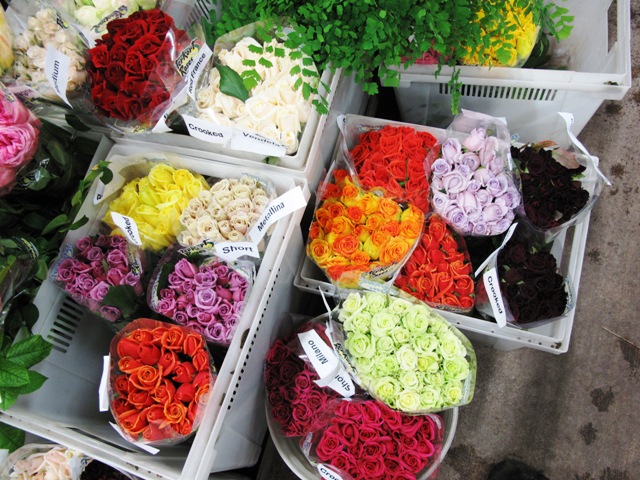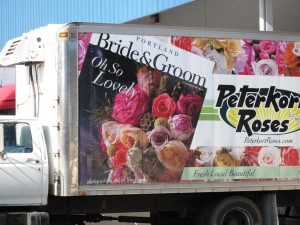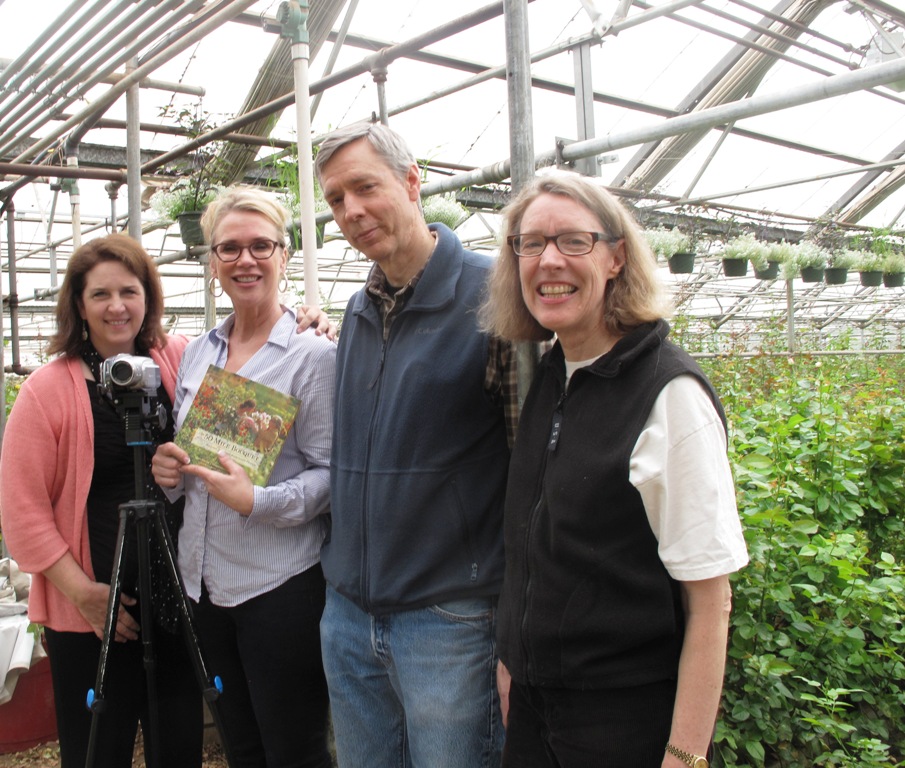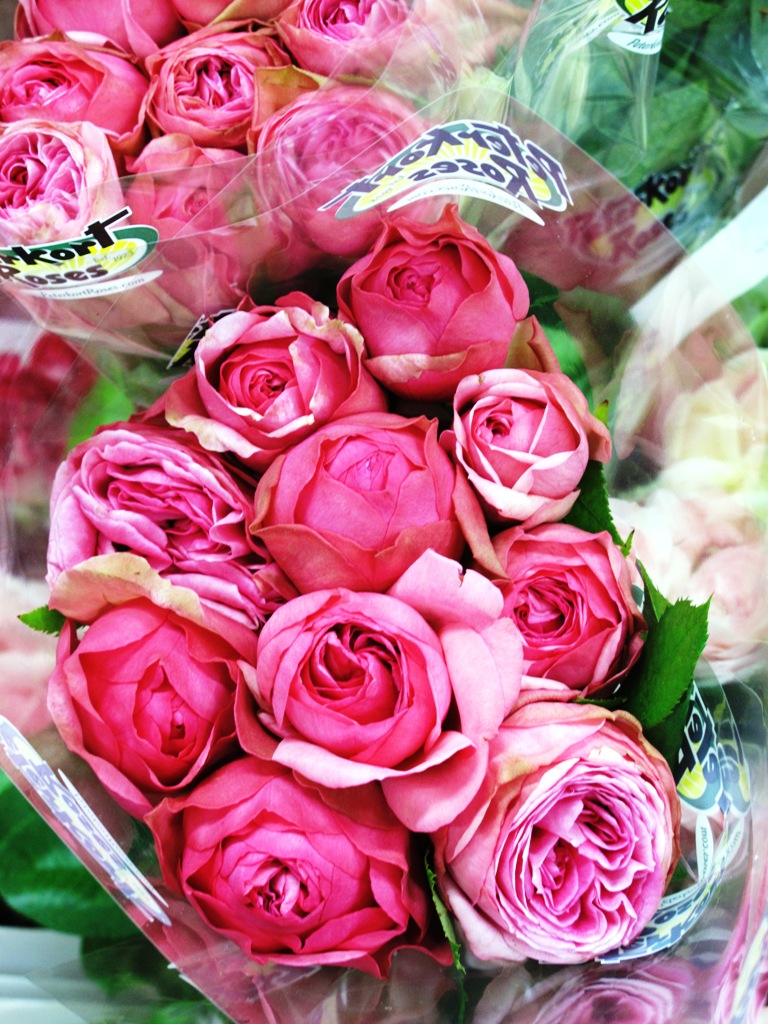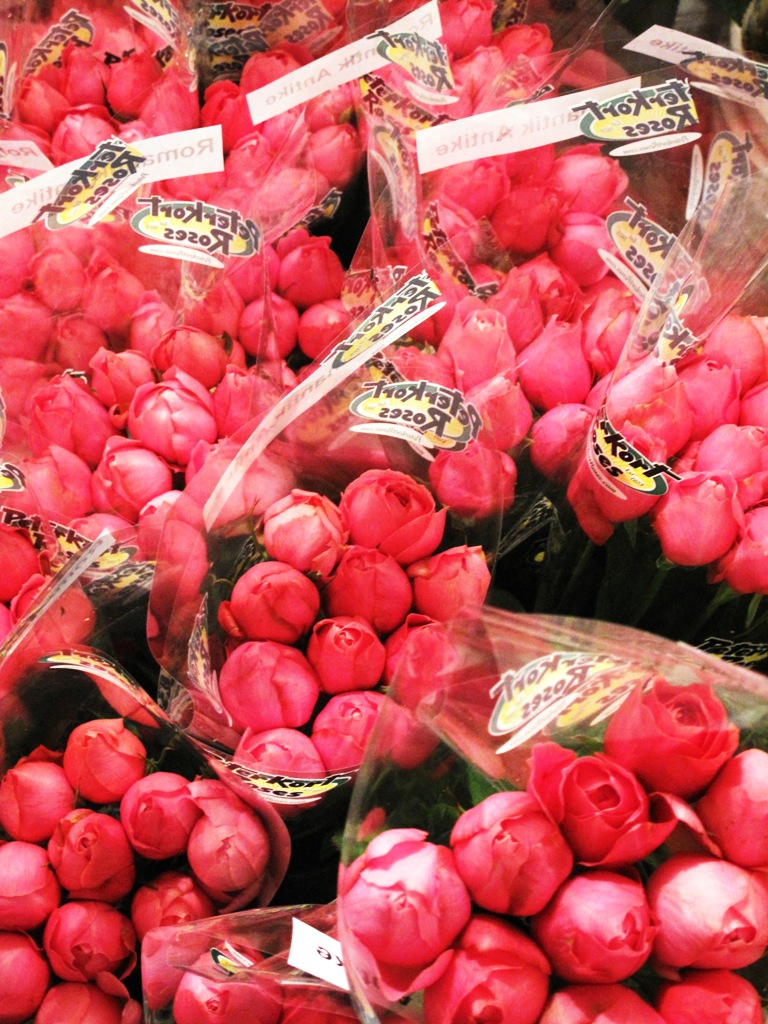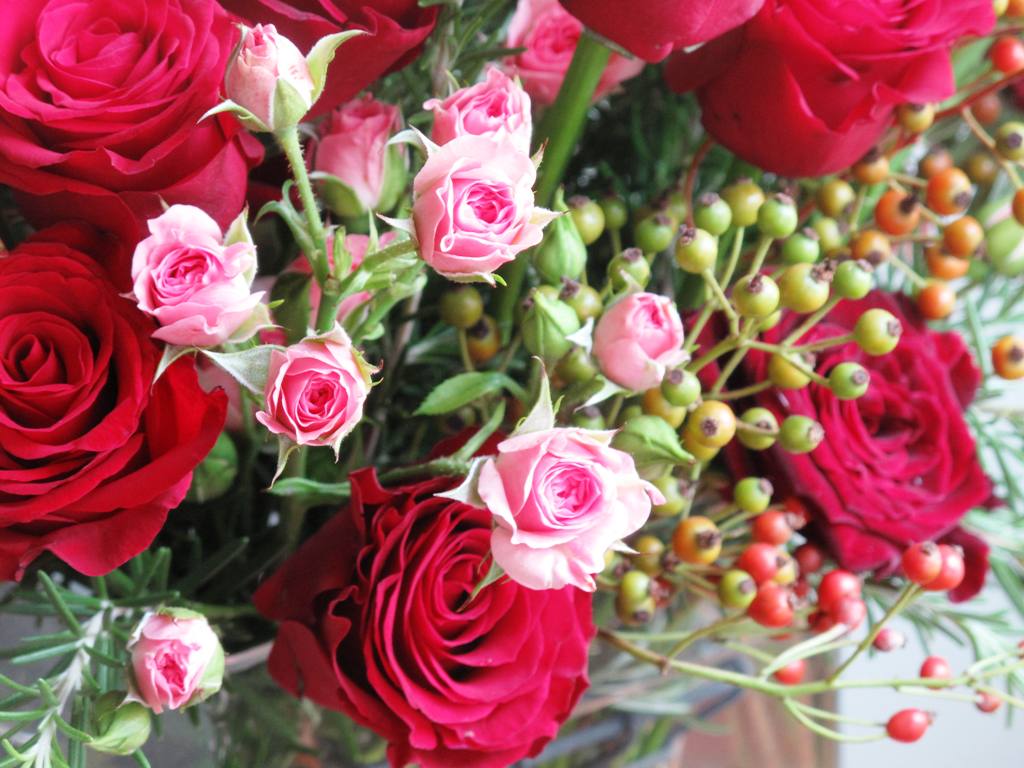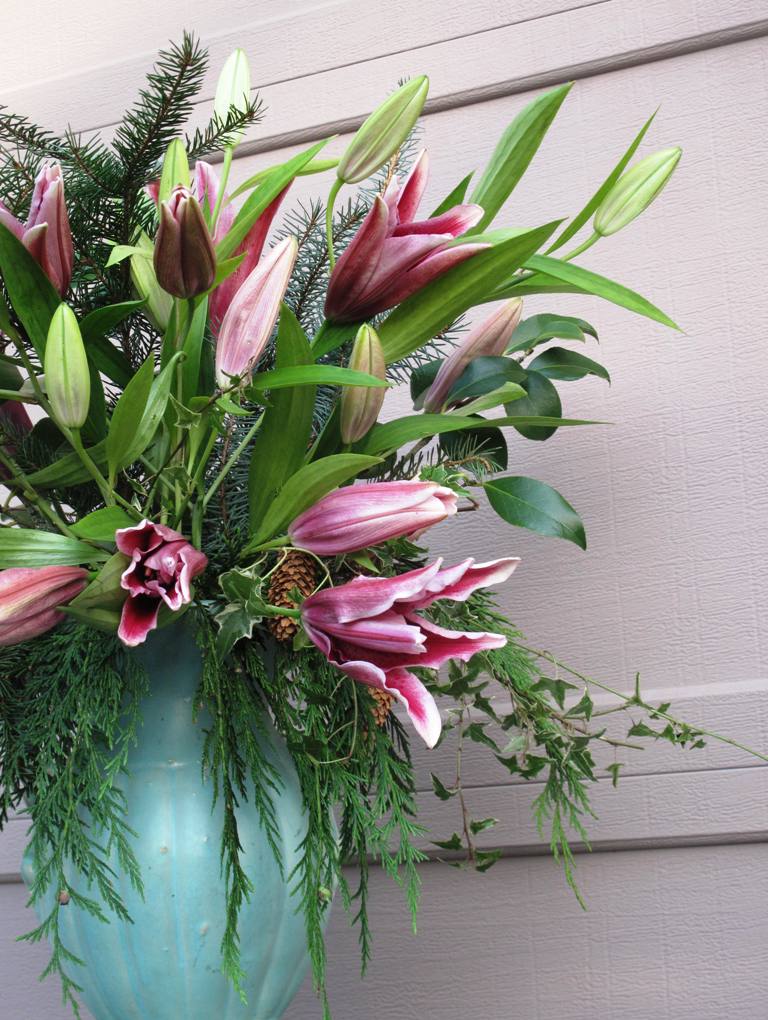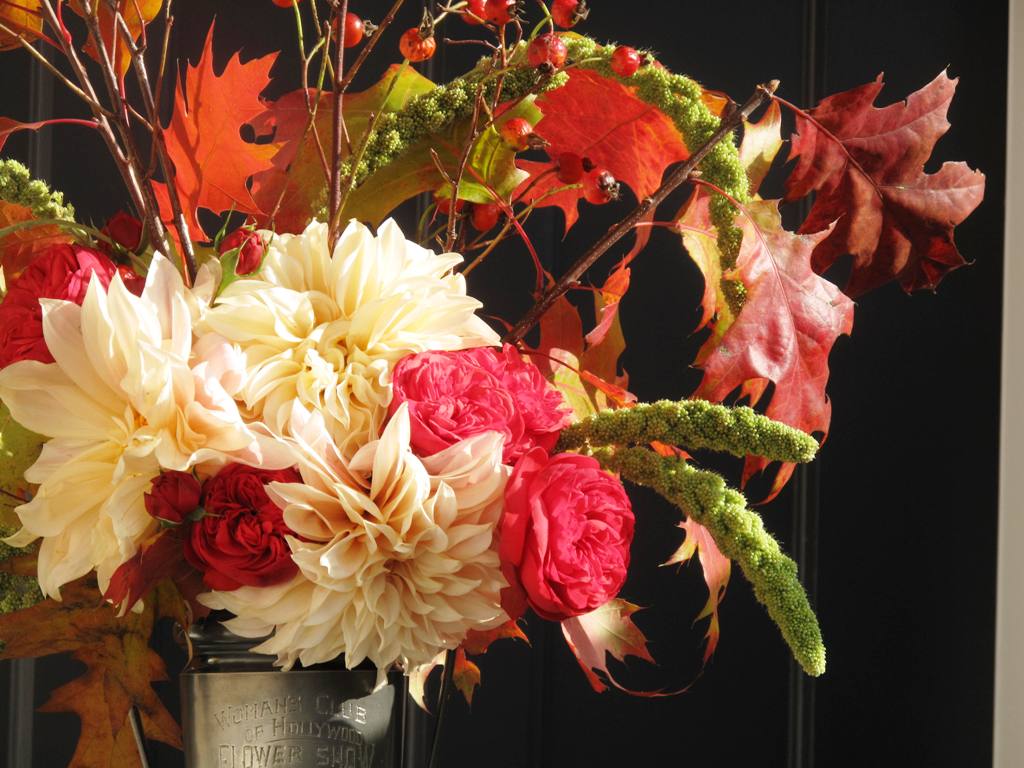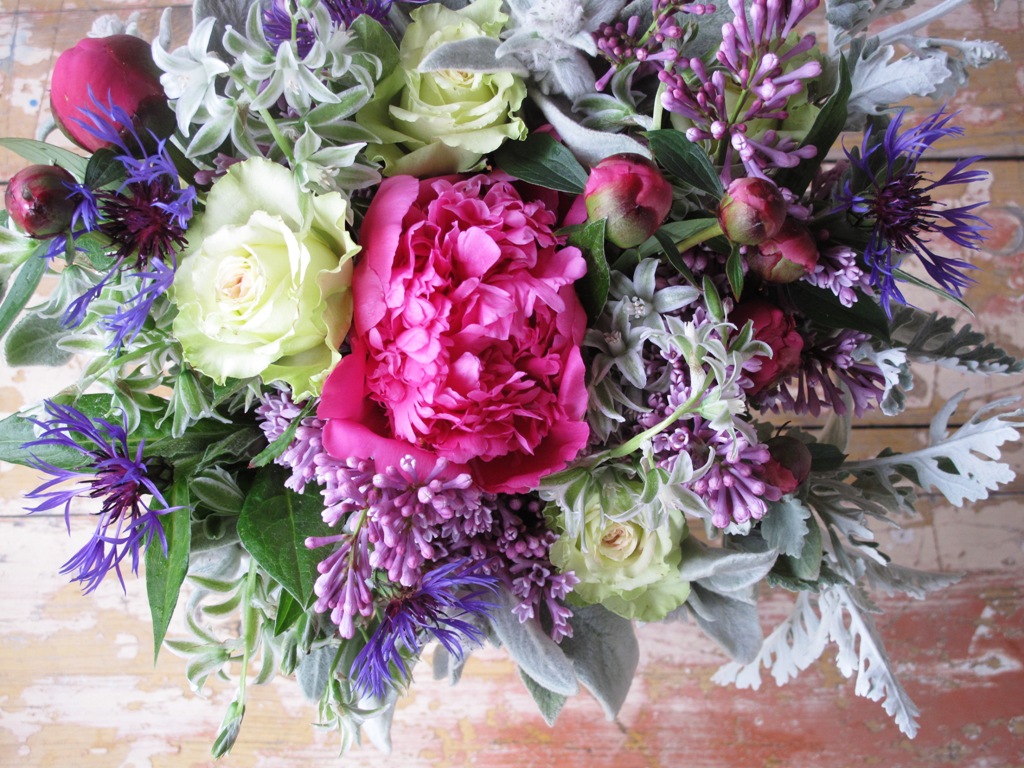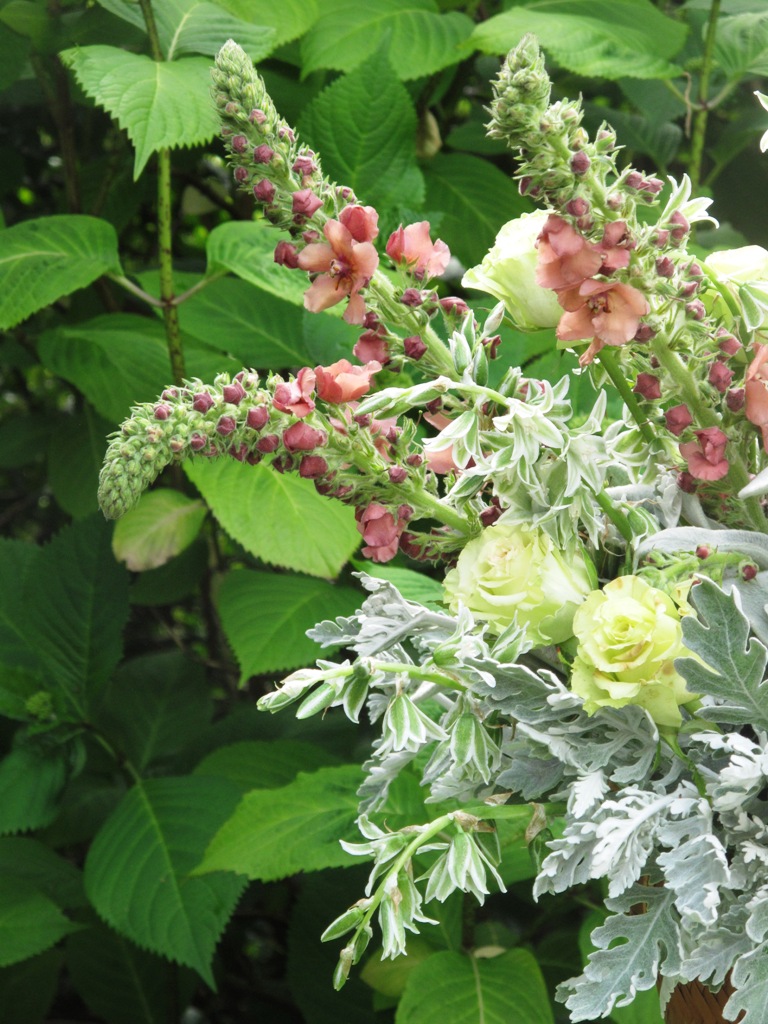Podcast: Play in new window | Download
Subscribe: Apple Podcasts | Podcast Index | RSS | More
Happy 9th Anniversary to the Slow Flowers Podcast!
This week, we are celebrating our 9th anniversary of the Slow Flowers Podcast. Yes, folks, as the first-ever flower podcast and the longest-running flower podcast series, with 469 episodes, we are committed to delivering fantastic episodes to you each week — all free for your education and enlightenment.
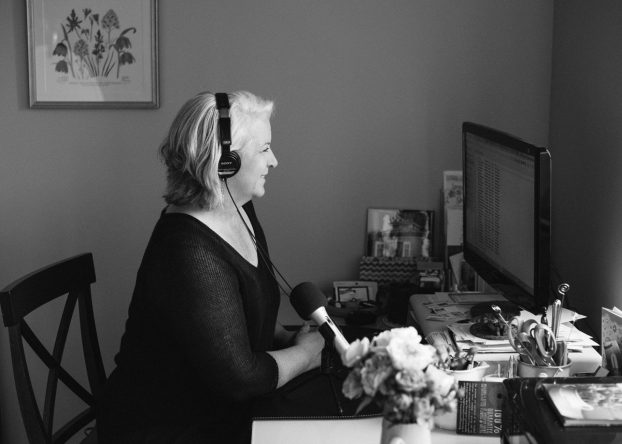
It’s truly amazing to look back on how this show has become the voice of the Slow Flowers movement since our first episode #100, broadcast on July 23, 2013. We’ve brought you inside the Slow Flowers Movement, up close and personal, with hundreds of inspiring and intimate conversations with individuals who are deeply immersed in growing specialty cut flowers and designing with them. These are advocates who care deeply about a sustainable, safe, and local supply of seasonal floral ingredients — and they share their stories with heart and passion.
One year ago, to mark the 8th anniversary, we added a video component to the Slow Flowers Podcast, so you have a chance to watch the conversations as well as listen to them — including seeing videos of flower farm tours and floral studio tours. We hope you value this content, created specifically for our Slow Flowers Community. It’s such a privilege to be your host as I share new episodes, week in and week out, can you believe it — for 9 entire years! As we enter our 10th year, this means we’ll be making a big splash by sharing more people and their flowers with you!
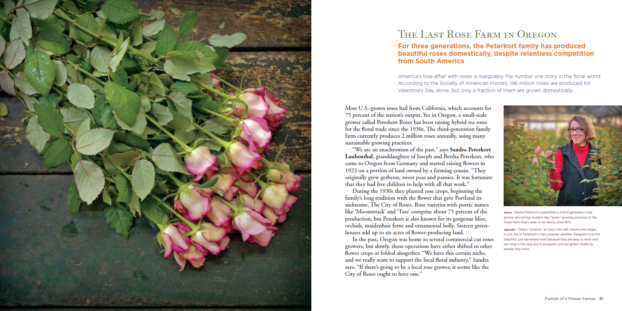
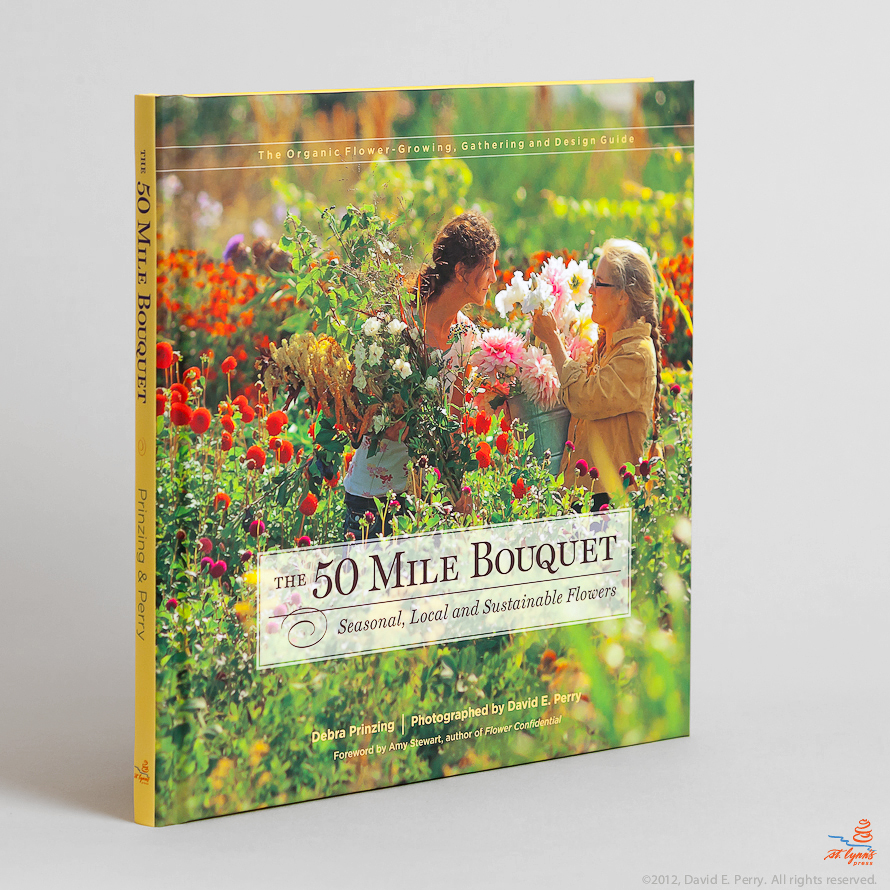 In another milestone of celebration, I’m devoting 2022 to a year-long series that revisits a book I wrote ten years ago — The 50 Mile Bouquet.
In another milestone of celebration, I’m devoting 2022 to a year-long series that revisits a book I wrote ten years ago — The 50 Mile Bouquet.
Today’s guests, siblings Norman Peterkort and Sandra Peterkort Laubenthal, are featured in the pages of this pioneering book, published by St. Lynn’s Press with photography by David Perry. The chapter about Peterkort Roses is titled “The Last Rose Farm in Oregon” and we’re bringing you both a reflection and a look ahead.
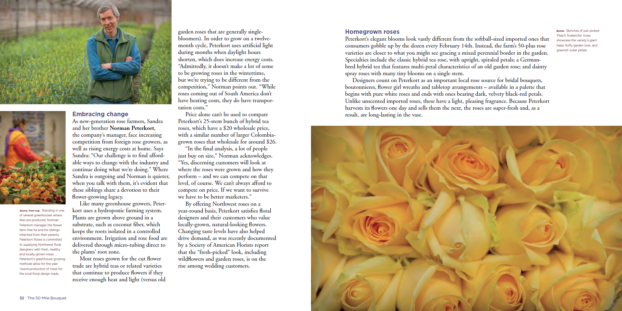
I have visited Norman and Sandra on several occasions, but this week, I made a point of traveling to their greenhouses outside of Portland, Oregon, to film our conversation. Learn what’s been happening at this unique and resilient flower farm over the past decade, and gain new insights on diversification and innovations they have implemented.
READ:
Of Note: Last week’s episode included a visit to the Seattle Wholesale Growers Market, a farmer-owned cooperative. As you heard us discuss, Peterkort Roses is not only a founding member farm of SWGMC, their family was also a founding member of the Oregon Flower Growers Association, which opened in 1942 as a farmer-owned wholesale hub. Pretty amazing history for one boutique specialty cut flower farm! Shop for Peterkort Roses at the Seattle Wholesale Growers Market. And if you’re in Portland, you can often catch Sandra and her roses in their stall at the Oregon Flower Growers Association.
Thank you to our Sponsors
This show is brought to you by Slowflowers.com, the free, online directory to more than 850 florists, shops, and studios who design with local, seasonal and sustainable flowers and to the farms that grow those blooms. It’s the conscious choice for buying and sending flowers.
Thank you to our lead sponsor, Farmgirl Flowers. Farmgirl Flowers delivers iconic burlap-wrapped bouquets and lush, abundant arrangements to customers across the U.S., supporting U.S. flower farms by purchasing more than $10 million dollars of U.S.-grown fresh and seasonal flowers and foliage annually. Discover more at farmgirlflowers.com.
Thank you to Details Flowers Software, a platform specifically designed to help florists and designers do more and earn more. With an elegant and easy-to-use system–Details is here to improve profitability, productivity, and organization for floral businesses of all shapes and sizes. Grow your bottom line through professional proposals and confident pricing with Details’ all-in-one platform. All friends of the Slow Flowers Podcast will receive a 7-day free trial of Details Flowers Software. Learn more at detailsflowers.com.
Thank you to CalFlowers, the leading floral trade association in California, providing valuable transportation and other benefits to flower growers and the entire floral supply chain in California and 48 other states. The Association is a leader in bringing fresh cut flowers to the U.S. market and in promoting the benefits of flowers to new generations of American consumers. Learn more at cafgs.org.
Thank you to Store It Cold, creators of the revolutionary CoolBot, a popular solution for flower farmers, studio florists and farmer-florists. Save $1000s when you build your own walk-in cooler with the CoolBot and an air conditioner. Don’t have time to build your own? They also have turnkey units available. Learn more at storeitcold.com.
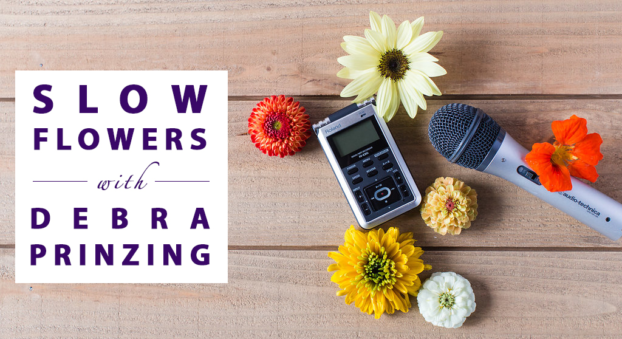
Thanks so much for joining us today! The Slow Flowers Podcast is a member-supported endeavor, downloaded more than 870,000 times by listeners like you. Thank you for listening, commenting and sharing – it means so much. As our movement gains more supporters and more passionate participants who believe in the importance of our domestic cut flower industry, the momentum is contagious. I know you feel it, too.
If you’re new to our weekly Show and our long-running Podcast, check out all of our resources at SlowFlowersSociety.com and consider making a donation to sustain Slow Flowers’ ongoing advocacy, education and outreach activities. You can find the donate button at slowflowerspodcast.com.
I’m Debra Prinzing, host and producer of the Slow Flowers Show & Podcast. The Slow Flowers Podcast is engineered and edited by Andrew Brenlan. The content and opinions expressed here are either mine alone or those of my guests alone, independent of any podcast sponsor or other person, company or organization. Next week, you’re invited to join me in putting more Slow Flowers on the table, one stem, one vase at a time.
Music credits:
Camp Fermin (uptempo); Gaenaby Blue Dot Sessions
http://www.sessions.blue
Lovely by Tryad
http://tryad.bandcamp.com/album/instrumentals
http://creativecommons.org/licenses/by-sa/3.0/
Acoustic Shuffle; In The Field
audionautix.com










